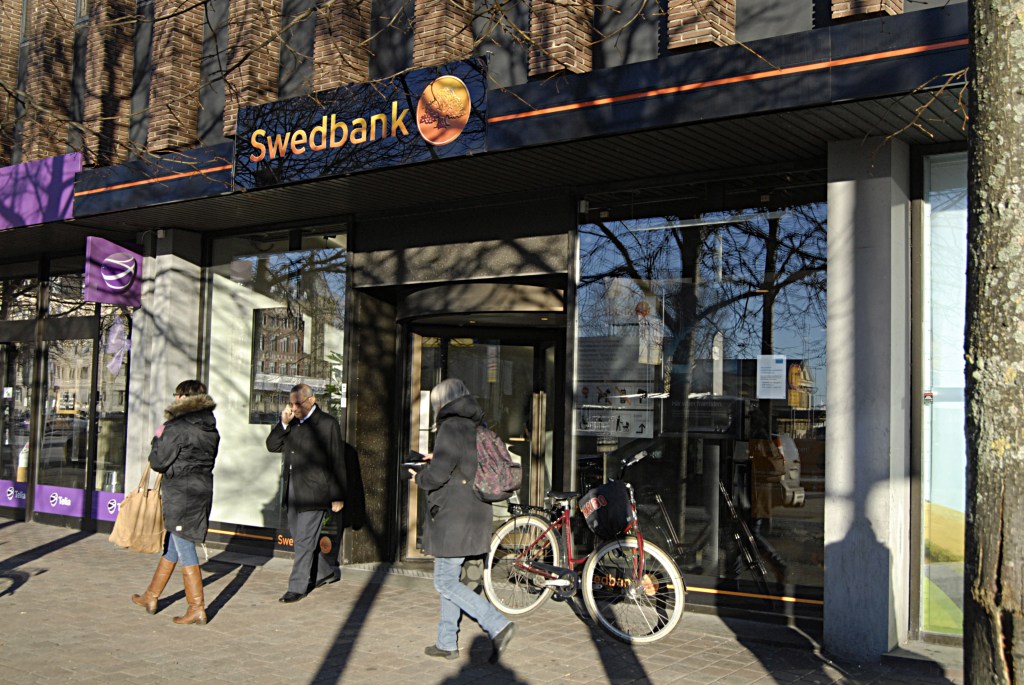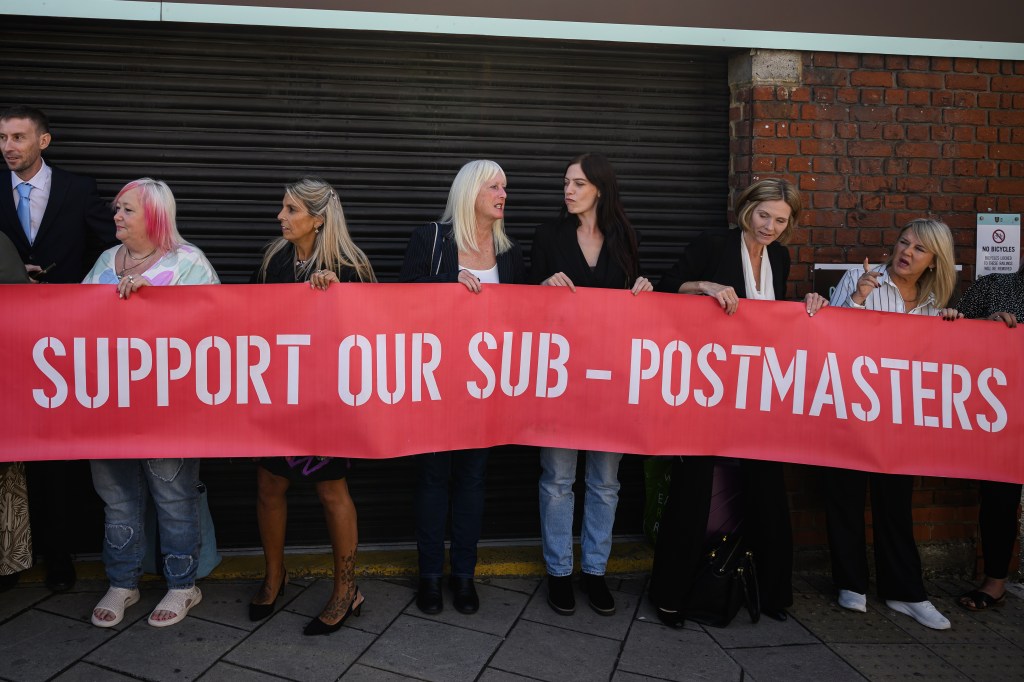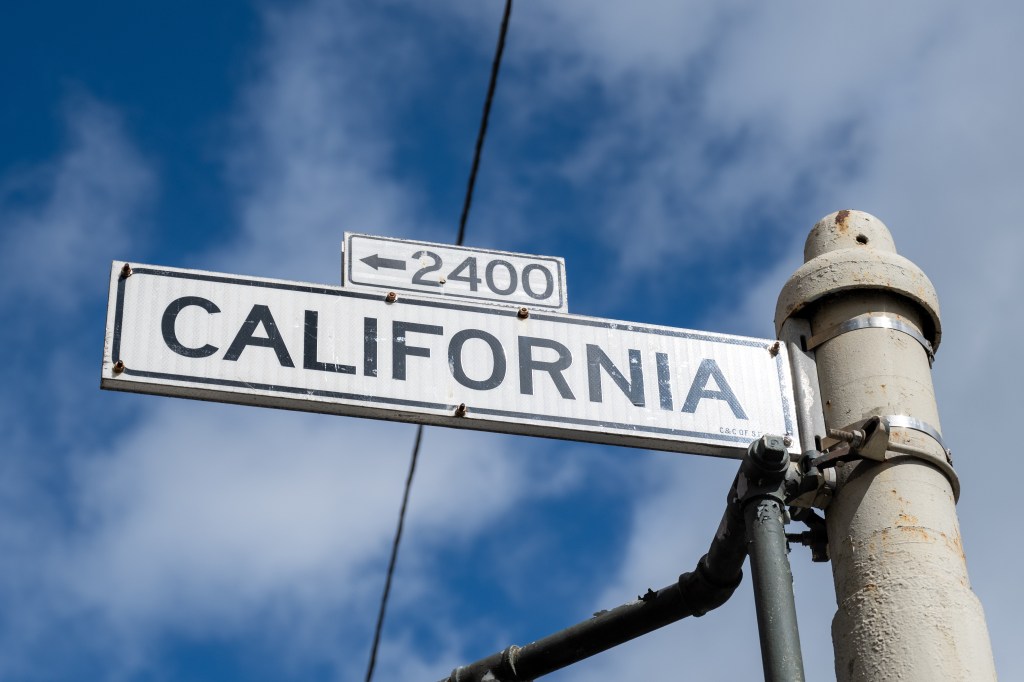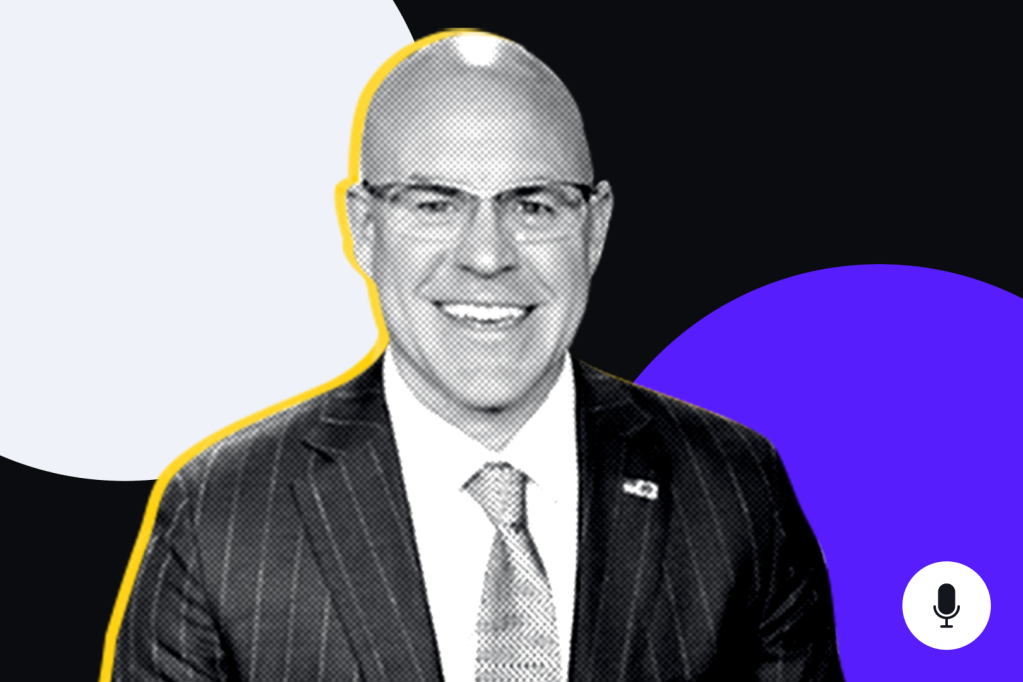In a significant address to the St John’s Board of Trade on June 18, Bank of Canada Governor Tiff Macklem painted a clear picture of how evolving US trade policy is reverberating through the Canadian economy, affecting both jobs and inflation.
His remarks, published on the Bank for International Settlements (BIS)
Register for free to keep reading
To continue reading this article and unlock full access to GRIP, register now. You’ll enjoy free access to all content until our subscription service launches in early 2026.
- Unlimited access to industry insights
- Stay on top of key rules and regulatory changes with our Rules Navigator
- Ad-free experience with no distractions
- Regular podcasts from trusted external experts
- Fresh compliance and regulatory content every day












